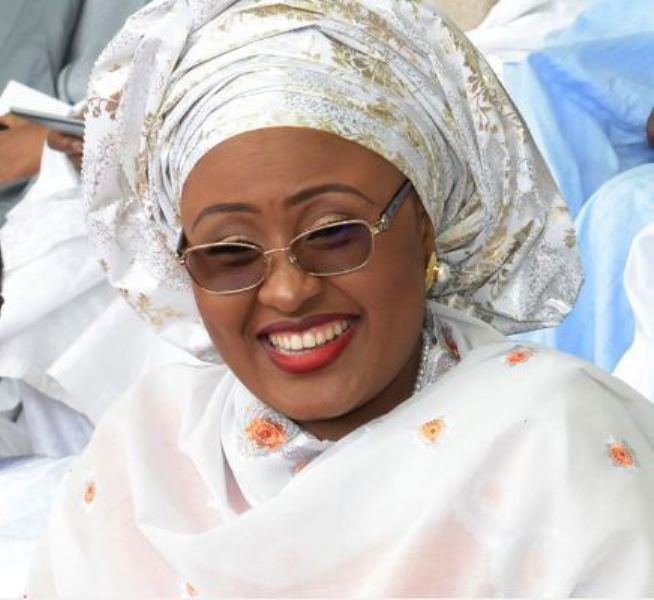
Tanko Mohammed
As Nigeria embarks on drive to boost local consumption of gas, the oil rich nation has accidentally discovered additional 206 trillion cubic feet of gas reserves while in search of crude oil, Minister of Petroleum, Mr Timipre Sylva, said on Sunday.
Sylva said in Abuja that the country could discover an additional 600 trillion cubic feet reserve to enable it achieve the desired development required of a gas nation.
As at 2017, Nigeria had 187 trillion cubic feet (Tcf) of proven gas reserves, ranking as 9th in the world and accounting for about 3% of the world’s total natural gas reserves.
According to the Department of Petroleum Resources (DPR), Nigeria recorded a marginal increase in gas reserves which peaked at 203 trillion cubic feet (Tcf) in 2020 before the accidental additional discovery in 2021.
Explaining the discovery, the petroleum minister said: “We were actually going to look for crude oil and we found gas, and in that process of accidentally finding gas.’’
“So, the belief is that if we really aim to look for gas dedicatedly, we will find up to 600 trillion cubic meters of gas,” he said.
According to the minister the country’s transition from gas to renewable fuel will be gradual when it has fully utilised the benefits associated with gas.
“We are also transiting and that is why we are talking about gas. We are seeing gas as a bridge to renewable fuels.
“We came from coal which is solid, to crude oil; now we are moving to gaseous gas and then to renewables.’’
He said that the usage of gas has not expanded and the situation is worrisome.
“We have not used gas to drive our cars and few people use it to cook; we have not used gas to generate electricity or used it to fire our fertiliser blending plants, then why should we abandon it and move to renewables?
Even with the abundance of gas, a lot of people still do not have access to electricity, a sector that is supposed to be driven with gas.
He explained that Nigeria was ready to transit to renewables but it should first use its gas develop the country and get the benefits of development to the extent that everybody would have access to electricity.
The minister explained that Nigeria has reduced gas flaring by 97 percent and hence the need to promote, explore and expand domestic and international market for the product.
In a national drive on usage of gas, Mr Dayo Adeshina, Programme Manager, National Liquefied Petroleum Gas (LPG) Expansion Plan in the office of the Vice president, said government has targeted three strategic ways to create awareness on the need for every home to use Liquefied Petroleum Gas (LPG) in cooking.
Adeshina told NMG in Abuja on Sunday that the plan is to start with an awareness campaign targeted at government and the people.
“Government because If we don’t address the lack of knowledge within government at the sub national more importantly, you ask a question about the rural areas, we as federal government cannot just walk to go and dump cylinders in there.
“We need the state governments first of all to understand what we are doing, if they don’t , we are dead on arrival. We need to meet market women, traditional ruler, artisans and different people.
“The best way is a collaborative effort with sub nationals, and we intend to state with two states in each geo-political zones,’’ he said
According to him, Lagos and Abuja have been carried out with the first initial engagement of government.
He noted that government would also partner with the industry players as providers of the required gas adding that the awareness campaign remained critical.
On the second plank is the partnership with the industrial sector on infrastructure, especially on safety because people already have the perception that gas was dangerous fuel.
According to him, the Industry needs to know that the kind of equipment to be used must be of high and international standard adding that there was the need to change the way things are done.
He said that going forward the awareness train would move to Ebonyi, Bauchi, Gombe, Enugu, Delta, Bayelsa Sokoto, Katsina and Nigeria.










